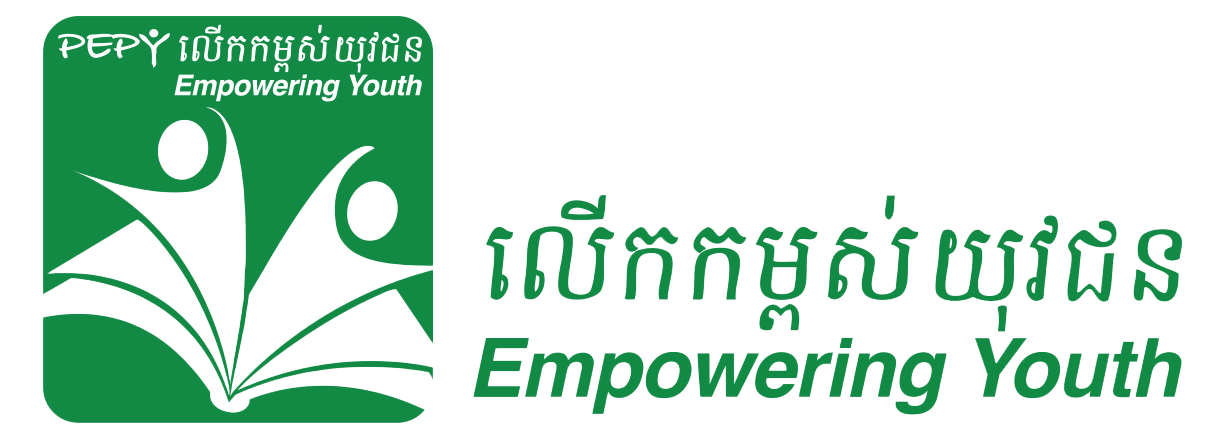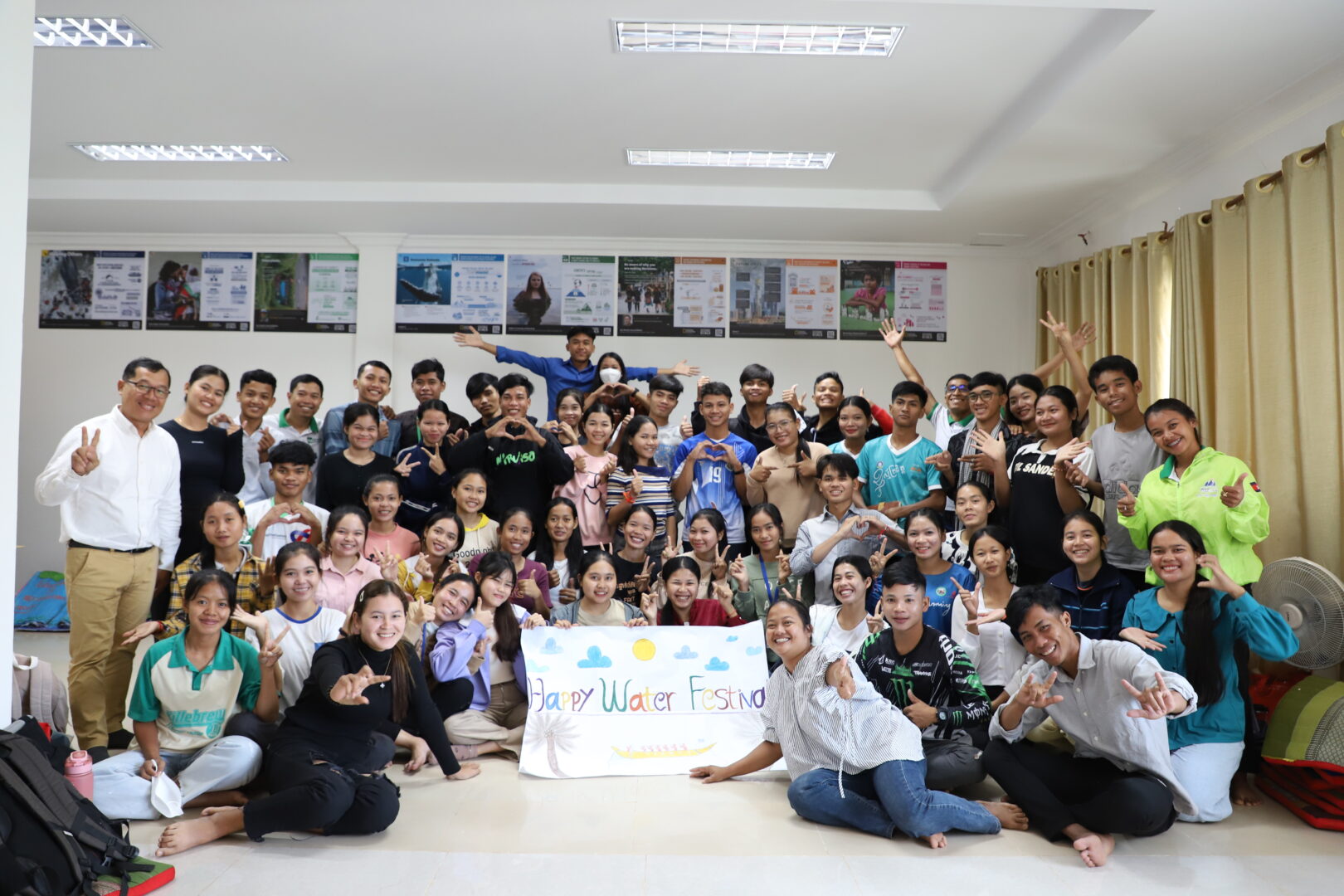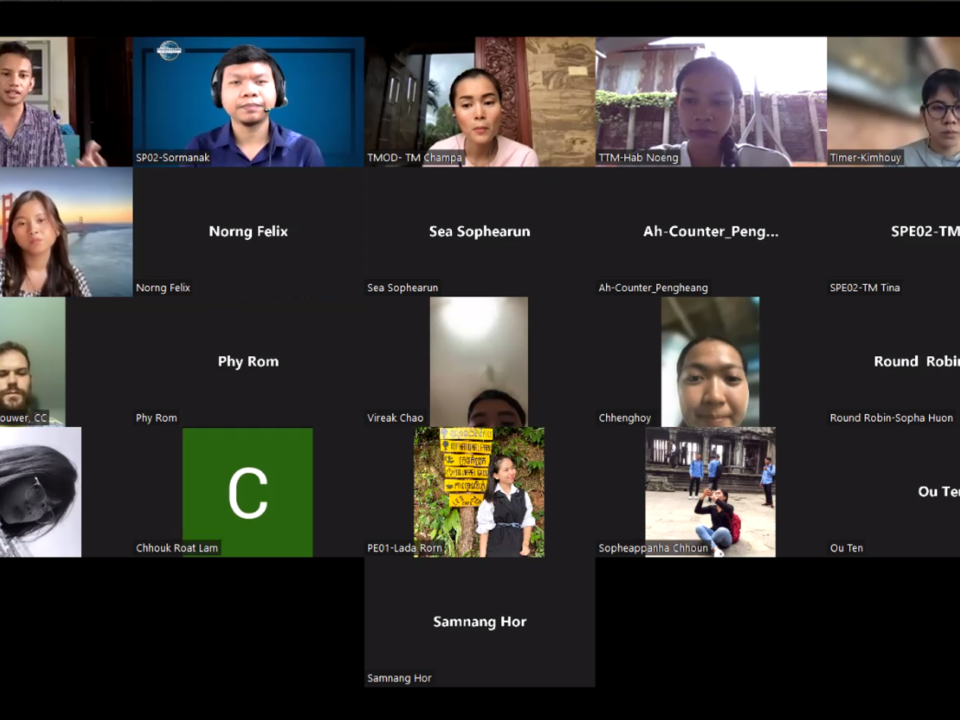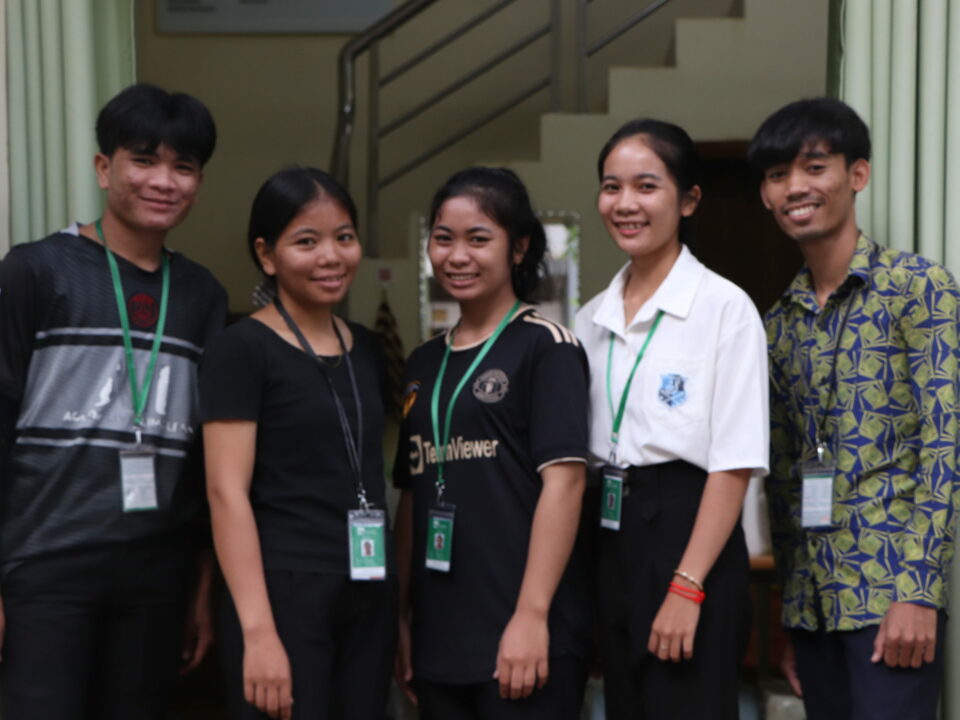
The Importance of Learning BEFORE Helping
July 31, 2012In transition: Chanleas Dai schools take ownership of PEPY projects
August 22, 2012
In my last post, I highlighted what compelled us to conduct an open-ended needs assessment. This time, I get to focus on the revealing part: the results.
To review: earlier this year, a team led by consultant Phany Tum reached out to 119 students, 15 parents, eight educators, five village chiefs, and 25 PEPY staff members to ask their thoughts regarding the challenges Cambodian youth face when pursuing education and leadership development. We also asked questions about family living situations. You can download the Executive Summary to read the report in full, or read on for a quick snap-shot of some of the main points.
Our questions about ideal educational attainment level supported the work we are doing in Chanleas Dai. When students were asked how far they would ideally want to go in school, the vast majority—including 87% of the high school population— wanted to complete university. When we posed the question to parents, 27% said they wanted their children to finish high school, 67% hoped their children could obtain a university degree, and 7% dreamed of their children going through a Master’s program.
Of course, there are obstacles that prevent students reaching college, high school, and even secondary school levels. When our team asked about the challenges that might prevent young people from achieving their educational goal, everyone was quick to list the major reasons: a shortage of money; a lack of transport from home to school; pressure to leave school to earn money in Thailand; and a need to help with farm work at home starting at age 13.
Junior high and high school students cited additional reasons. They pointed out they do not always understand the lessons, especially in math, physics, and chemistry (reported by over half of the junior high school students) and that they cannot take extra lessons for financial reasons or because of safety issues when traveling at night. Over a third of junior high school students mentioned that certain teachers do not attend lessons regularly, particularly around Khmer New Year.
A major concern expressed involved the trend of students migrating to work in Thailand. 100% of the young people said they could name classmates who had dropped out of school for this reason. Teenagers are not the only ones migrating; in many cases, siblings and parents make the move. Only 52 of the 102 students who answered family demographic questions live at home with two parents.
Our study revealed that there is a lack of youth role models who have attained a high level of education. When the village chiefs were asked the highest educational level obtained by youth in their village, only one of the five— the one from Chanleas Dai— could say graduating from Grade 12. It shows that despite the desire to learn, students prioritize work and family obligations.
A significant part of our survey documented what respondents said when asked what skills, knowledge, and experiences students should have to serve as successful role models. The most frequent answers included: a strong pursuit for education; English language, computer, time management, and teamwork skills; life skills such as self-confidence, critical thinking, creativity, and problem solving; experience volunteering or participating in activities that help develop skills; and good morality, responsibility, and a willingness to learn and share ideas. These responses show the need for PEPY to remain as much about “empowering youth” as it does “promoting education.”
 |
 |
We greatly appreciated Phany’s expertise and the willingness of students, parents, educators, village chiefs, and PEPY staff members to answer questions openly. The feedback was incredibly helpful in understanding the thoughts of the community, and their voices will certainly be listened to as PEPY continues to create programs to benefit the leaders of tomorrow.




